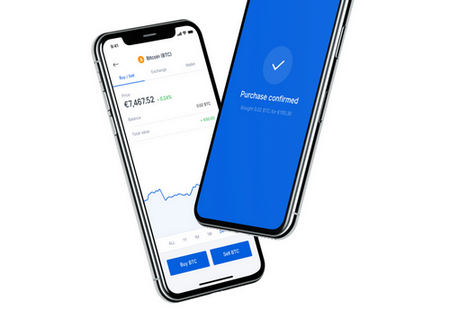But those who were most affected by InfoWars claims have been asking the company to act for years, to no avail.
Facebook says it’s “close” to banning Alex Jones’s InfoWars, a website notorious for spreading for conspiracy theories, including that the deadly 2012 Sandy Hook school shooting in the US was a hoax.
The decision comes as pressure from journalists intensified in recent weeks.
Last week, the parents of one Sandy Hook victim were pushed to write a scathing open letter to Facebook CEO Mark Zuckerberg, published by the Guardian, to show him the real impact of Facebook’s policy of allowing fake news on the platform:
We are unable to properly grieve for our baby or move on with our lives because you, arguably the most powerful man on the planet, have deemed that the attacks on us are immaterial, that providing assistance in removing threats is too cumbersome, and that our lives are less important than providing a safe haven for hate…
While terms you use, like “fake news” or “fringe conspiracy groups”, sound relatively innocuous, let me provide you with some insight into the effects of allowing your platform to continue to be used as an instrument to disseminate hate. We have endured online, telephone, and in-person harassment, abuse, and death threats. In fact, one of the abusers was sentenced to jail for credible death threats that she admitted in court she had uttered because she believed in online content created by these “fringe groups”. In order to protect ourselves and our surviving children, we have had to relocate numerous times. These groups use social media, including Facebook, to “hunt” us, posting our home address and videos of our house online. We are currently living in hiding.
Facebook bans hate speech on its platforms, but allows misinformation. But the line between the two is often blurred, and Leonard Pozner and Veronique De La Rosa, parents of Noah Pozner, who was six when he was killed, say the consequences are dire. For years, Sandy Hook parents have tried to get Facebook to act on the problem, but this, they say, has fallen on deaf ears.
Others affected by Facebook’s confusing policies and lackluster enforcement have had to turn to writing open letters to Zuckerberg, too. In recent months, activists from Myanmar, Sri Lanka, and Vietnam have asked the CEO to address the problem of harmful content on Facebook’s platform, which in some of those countries has led to real-world violence. Advocates in Sri Lanka, who have worked with Facebook in the past, wrote in April:
We remain deeply frustrated when reporting Facebook posts and Pages perpetuating everything from gender-based violence and violence against the LGBTIQ community to hate speech, with little to no support from your platform.
In May, groups from these countries and others gathered to speak out together during a human-rights conference. “Facebook has consistently failed to invest in the basic contextual understanding, local language skills, and human resources needed to provide a duty-of-care for users in sometimes repressive regimes-a failure that has real world consequences including loss of life”, they said.
While behind-the-scenes pleas don’t seem to work sufficiently, public pressure on the company helps create change. Earlier this month, Facebook said it would start removing fake news that has the potential of contributing to physical harm.

